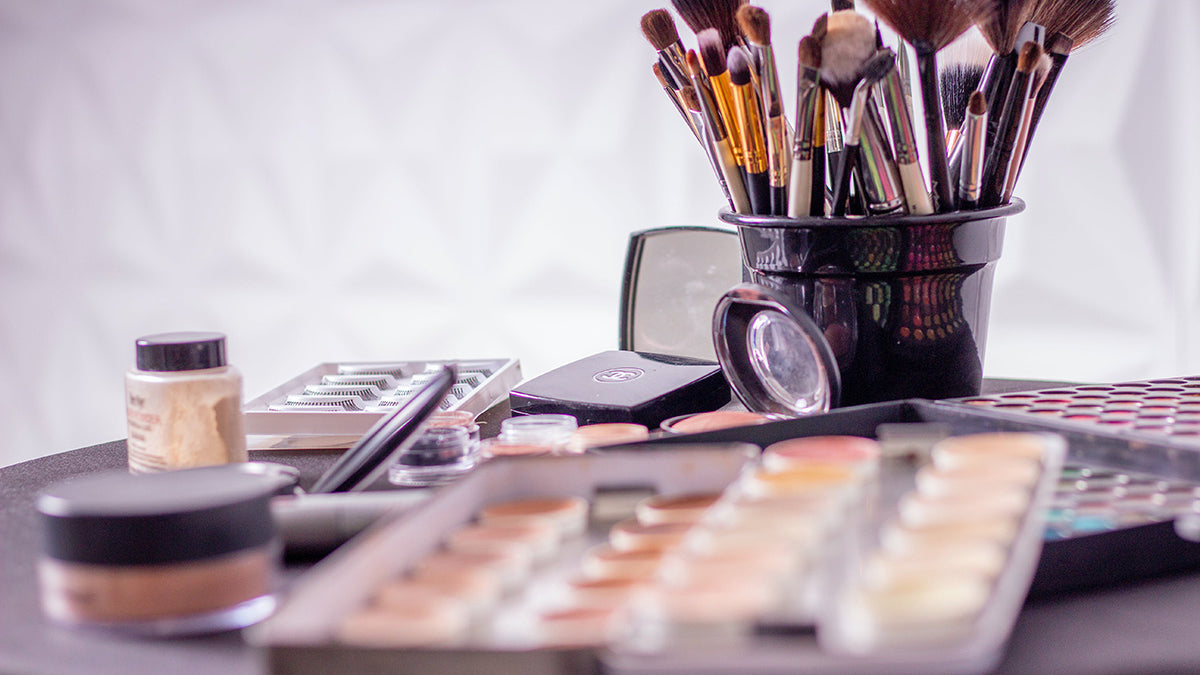When it comes to cosmetics, we often focus on achieving a flawless look, but what if some common ingredients in makeup could be contributing to skin problems instead of solving them? Enter bismuth oxychloride, an ingredient found in many cosmetics, including foundation and blush. While it may offer a beautiful sheen and a smooth finish, it can be problematic for individuals with skin conditions such as acne, eczema, and sensitive skin. In this article, we'll delve into the reasons why bismuth oxychloride might not be the best choice for those with skin issues.
Understanding Bismuth Oxychloride
Bismuth oxychloride is a naturally occurring mineral often used in cosmetics to add a shimmery or pearlescent quality to products. It's prized for its ability to create a soft, luminous glow on the skin, making it a common ingredient in many high-end and mineral makeup brands.
The Concerns Surrounding Bismuth Oxychloride
Skin Irritation
Bismuth oxychloride has a crystalline structure with sharp edges, which can make it abrasive on the skin, particularly for individuals with sensitive skin. This abrasiveness may lead to redness, itching, and discomfort.
Clogged Pores and Acne
One of the most significant concerns is that bismuth oxychloride can clog pores. For individuals with acne-prone skin, this can be a major issue, as clogged pores are a primary factor in the development of acne. Choosing makeup with bismuth oxychloride may worsen breakouts and make it more challenging to manage acne.
Eczema Flare-Ups
Eczema is a skin condition characterized by red, itchy, and inflamed patches. Bismuth oxychloride's abrasive nature can irritate eczema-prone skin, leading to increased discomfort and potential flare-ups.
Choosing Skin-Friendly Alternatives
If you have acne, eczema, or sensitive skin, here are some tips for choosing makeup products that won't exacerbate your skin issues:
Read Labels
Check the ingredient list for products that are bismuth oxychloride-free. Look for cosmetics labeled as "non-comedogenic" and "hypoallergenic."
Mineral Makeup
Consider mineral makeup without bismuth oxychloride. These products often provide a natural, breathable alternative suitable for sensitive skin.
Patch Testing
Always do a patch test when trying new makeup products. Apply a small amount on a discreet area of your skin to see if any irritation occurs.
Consult a Dermatologist
If you have skin concerns, consult a dermatologist. They can recommend makeup brands and products suitable for your specific skin condition.
Conclusion
While bismuth oxychloride can offer a beautiful finish in cosmetics, it may not be the best choice for individuals with skin problems like acne, eczema, and sensitive skin. Prioritizing your skin's health and comfort is essential when selecting makeup products. By being aware of the ingredients in your cosmetics and choosing bismuth oxychloride-free alternatives, you can help reduce the risk of skin irritation and flare-ups, allowing you to look and feel your best without compromising your skin's well-being.
Always remember that what works for one person's skin may not work for another, so it's crucial to understand your skin's unique needs and choose products accordingly.









